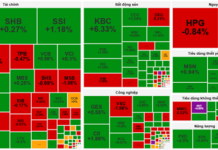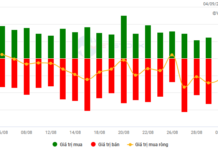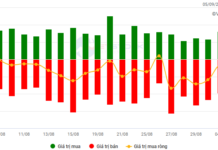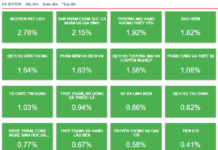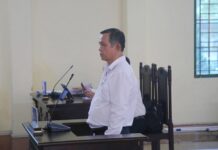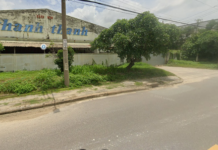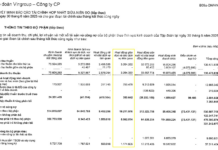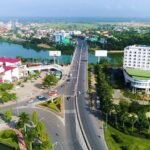During the conference, Deputy Minister of Transport Nguyen Danh Huy said that out of 140 BOT transportation projects implemented before the Law on Investment under the Public-Private Partnership (PPP) method was issued, there are 8 projects under the management of the Ministry of Transport that are still facing difficulties and need to be addressed, which are divided into 3 groups.
Specifically, Group 1 consists of 2 projects with a decrease in revenue and no potential for recovery (Thai Ha Bridge and Ba Vi-Viet Tri Bridge). Group 2 is the Deo Ca Pass road tunnel project with toll collection through La Son – Tuy Loan toll station. Group 3 includes 2 projects that have been completed but are not allowed to collect tolls (Thanh Hoa City bypass and Binh Loi Bridge); 2 projects that are only allowed to collect tolls at 1 out of 2 stations, leading to a decline in revenue, and have applied the solution of supplementing state capital, but still not feasible (National Highway 91 through Can Tho City and Thai Nguyen-Cho Moi route and upgrading National Highway 3 from Km75 to Km100); 1 project with a decline in revenue and potential risks to security and order (National Highway 14 through Dak Lak).
Depending on the specific project, the Ministry of Transport proposes to amend the contract, supplement state capital to support the project to continue implementing the contract or terminate the contract ahead of schedule.
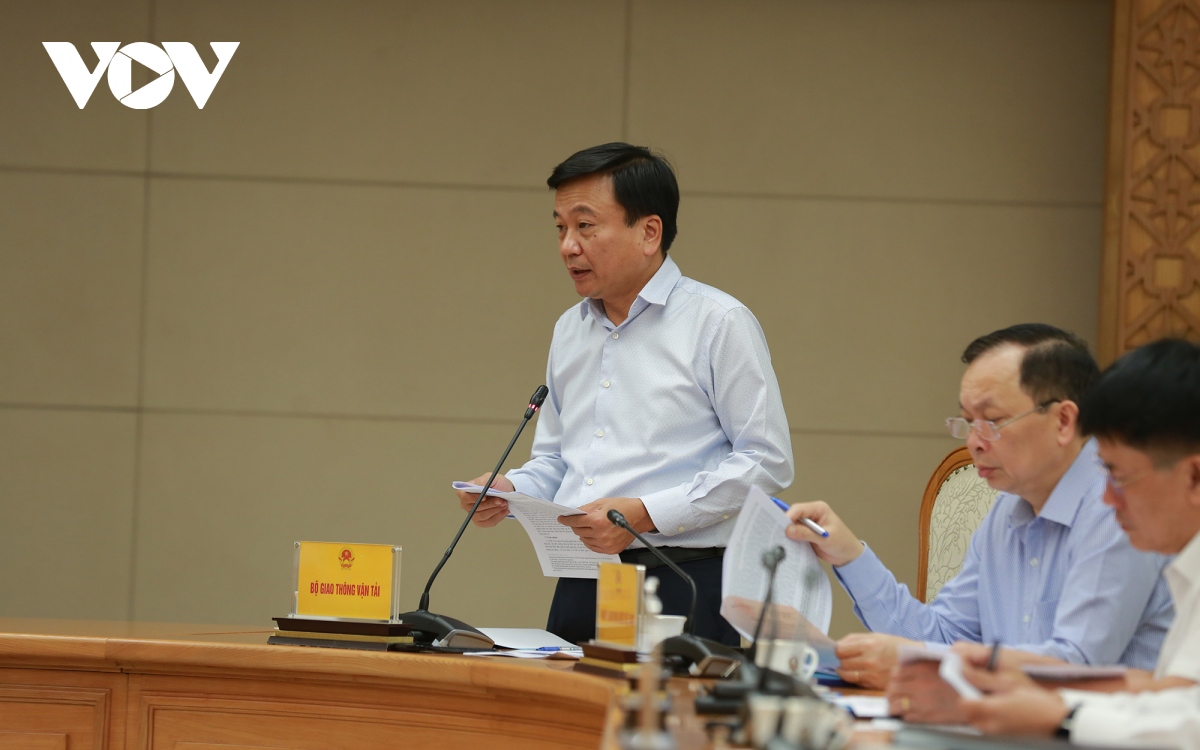
Deputy Minister of Transport Nguyen Danh Huy speaking at the conference
In addition, there are a number of BOT projects under the management of localities with toll stations that pose potential risks to security and order, so they have not yet collected tolls and have been affected in revenue due to transportation demand not meeting expectations due to socio-economic difficulties, or have additional parallel transportation routes.
According to Deputy Minister of Transport Nguyen Danh Huy, in accordance with Announcement No. 428/TB-VPCP dated October 20, 2023, by Deputy Prime Minister Tran Hong Ha on solutions to address difficulties and shortcomings in a number of infrastructure investment projects under the BOT contract form, the Ministry has directly communicated with related parties (investors, enterprises, banks, etc.) to find solutions to address the issues in the direction of overcoming the current situation and minimize losses, following the principle of “harmonizing benefits and sharing risks”.
Mr. Huy said that the objective reasons leading to the difficulties are due to the legal system governing BOT projects before the PPP Law came into effect, which was still limited and inadequate. Regulations on toll stations and toll policies were not strict; there was a lack of regulations on consulting with affected parties, and there was no risk-sharing policy. BOT transportation projects often have long contract periods, while some previous plannings did not have long-term orientations and were frequently changed. Transportation demand forecasting was not instructed promptly…
Meanwhile, PPP investment is a new and complex method, and management agencies have limited experience, so it is impossible to anticipate all possible situations, difficulties, and complications that may arise during implementation and in the operation phase. Participating individuals and organizations do not have enough experience, so they cannot foresee all the impacts on people and service users. The coordination between ministries, sectors, and localities is not close, and there is a lack of responsibility in planning, management, and implementation, leading to adjustments and supplements during implementation. The investment in parallel routes has not been thoroughly assessed for its impact on the BOT project being implemented. Some localities have not fully fulfilled their commitments when agreeing on the location of toll stations.
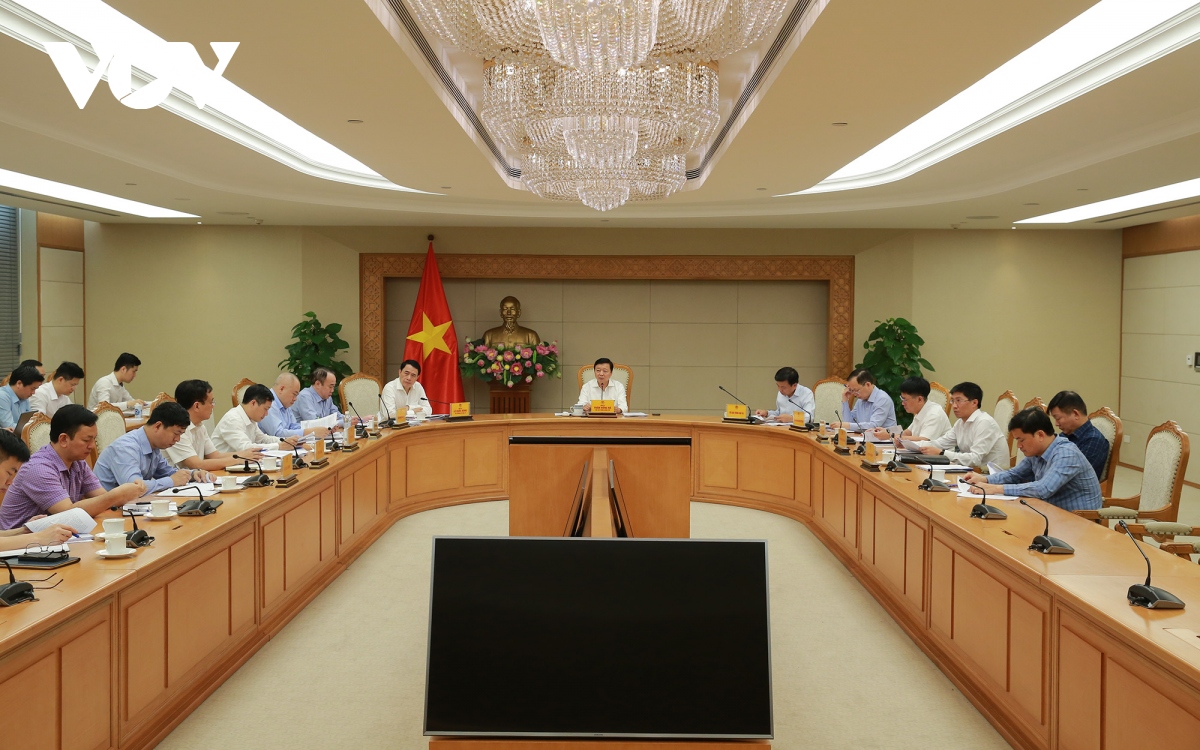
Deputy Prime Minister Tran Hong Ha chaired the conference on solutions to address difficulties and obstacles in a number of BOT transportation projects
Expressing his opinions at the conference, Deputy Minister of Planning and Investment Do Thanh Trung proposed a comprehensive assessment of the BOT “picture” in the country, especially the causes of the difficulties and obstacles, in order to propose a “package” of comprehensive and definitive solutions.
Agreeing with this idea, Deputy Governor of the State Bank of Vietnam Dao Minh Tu said that if the difficulties of BOT transportation projects are not definitively resolved, it will be very difficult to attract socialized resources to invest in developing transportation infrastructure in particular and the socio-economy in general under the PPP model.
“The State Bank has provided numerous directives to commercial banks to implement solutions to share interest rates and restructure debts with BOT project investors”, said Mr. Dao Minh Tu.
Meanwhile, Deputy Inspector General of Government Le Sy Bay suggested developing a plan and a framework for overall handling of BOT projects implemented before the PPP Law was issued and are currently experiencing difficulties.
Concluding the meeting, Deputy Prime Minister Tran Hong Ha requested the Ministry of Transport to closely follow the contents of Announcement No. 428/TB-VPCP, promptly complete the report clarifying the causes of difficulties and obstacles of the 8 BOT projects mentioned above, as well as other BOT transportation projects implemented before the PPP Law was issued and entered into force. In particular, it should clearly identify the objective and subjective causes, the process of changing and improving policies and laws on PPP in each period, the responsibility of the relevant parties, etc.
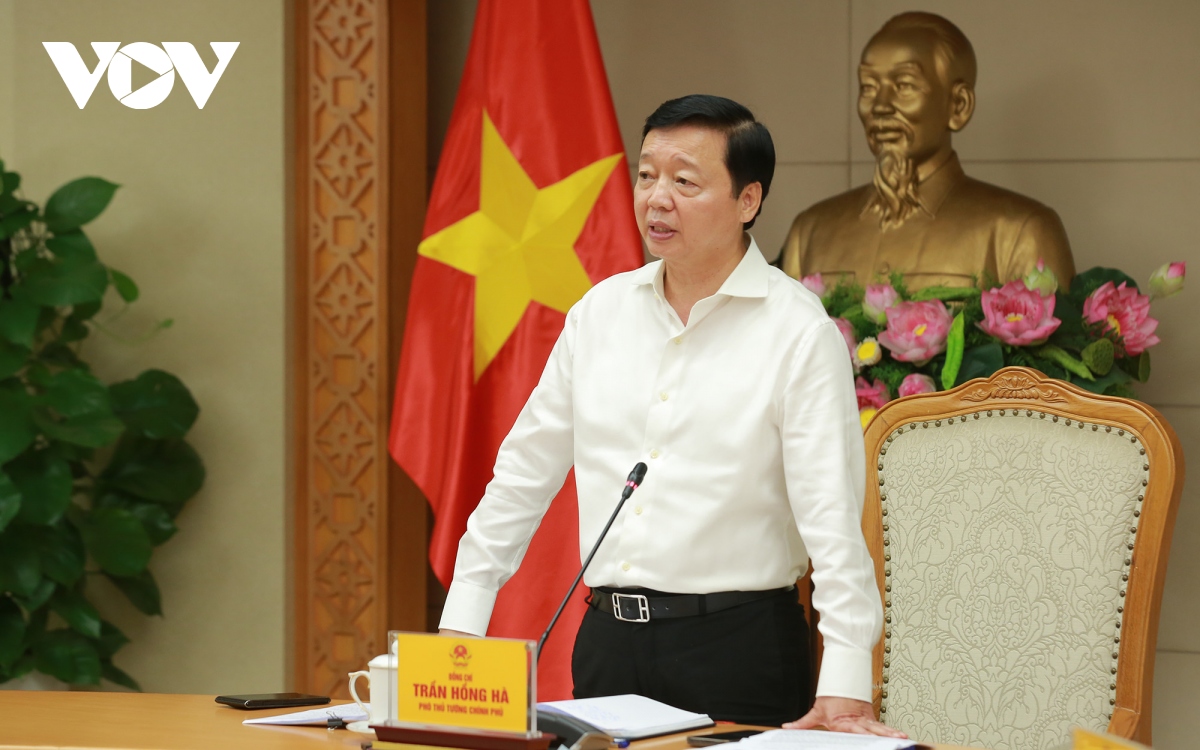
Deputy Prime Minister Tran Hong Ha emphasized the requirement to definitively and thoroughly resolve the difficulties and obstacles of a number of BOT transportation projects
Issues that have been resolved by the Government, ministries, sectors, and localities according to their authority and responsibility. For matters under the authority of the National Assembly Standing Committee or the National Assembly, it is necessary to prepare sufficient documents for submission in accordance with regulations.
Proposed solutions must be in the direction of benefiting people and businesses, ensuring strictness and transparency, and preventing the abuse of law for profiteering or shirking the responsibility and obligations of the parties to the signed project contract.

